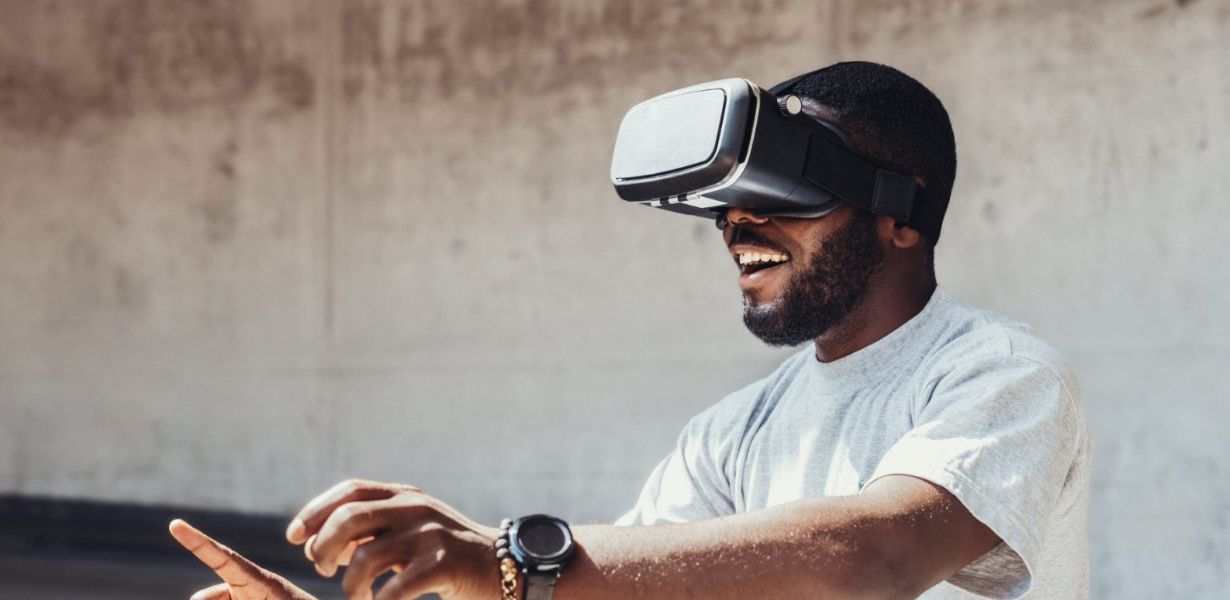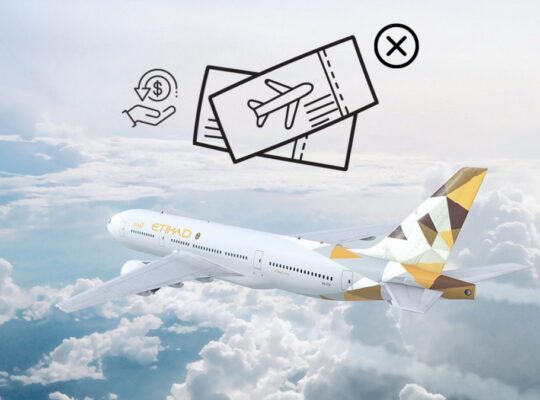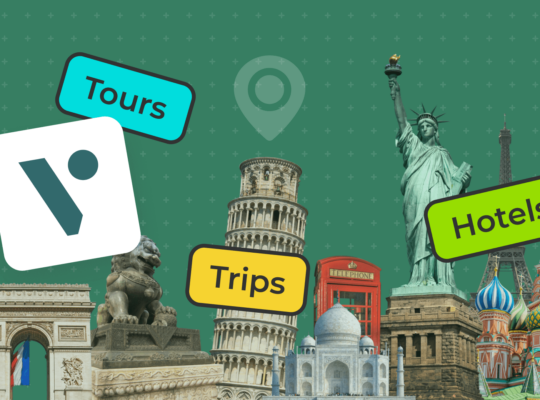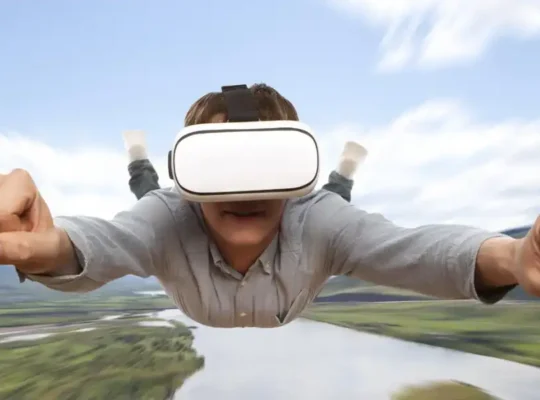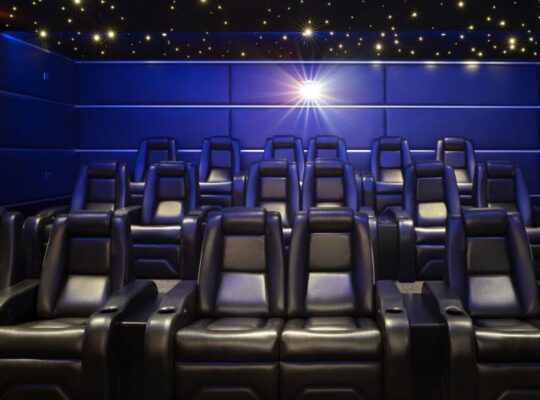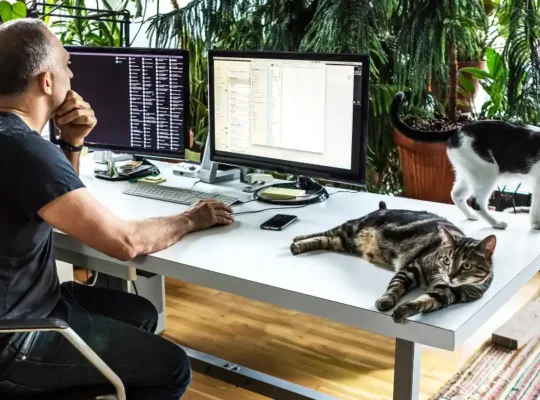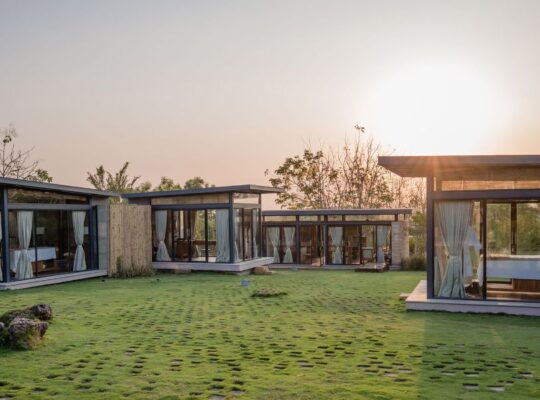In the realm of music festivals, a transformative wave is sweeping across the traditional landscape, orchestrated by the harmonious fusion of Artificial Intelligence (AI) and Virtual Reality (VR). This groundbreaking synergy is reshaping how festival-goers perceive and engage with live performances, elevating the entire auditory and visual experience. Dive into the future of music festivals as we unravel the fascinating confluence of technology and sonic bliss.
Unveiling the Virtual Soundscape
Immerse yourself in a virtual auditory realm where AI algorithms curate personalized playlists based on individual preferences. The marriage of AI and music recommendation algorithms ensures that attendees are not just spectators but active participants in crafting their festival journey.
AI's ability to analyze user data, from favorite genres to mood fluctuations, guarantees an unparalleled, tailor-made musical experience. Imagine a festival where each beat aligns perfectly with your musical palate, transcending the boundaries of conventional playlists.
Visual Marvels: VR's Role in Shaping Performances
Step into the future with VR technology that transports you into fantastical visual realms during live performances. Artists now have the canvas of virtual reality to craft visually stunning landscapes, enhancing the overall sensory experience. VR headsets enable festival-goers to witness performances as if they were front-row center, breaking the barriers of physical distance.
These advancements redefine the conventional concert experience, providing a level of immersion previously thought impossible. The fusion of AI-curated soundscapes and VR-enhanced visuals creates an unparalleled synergy that takes music festivals to unprecedented heights.
Interactive Performances and Crowd Engagement
AI's role extends beyond mere curation; it actively contributes to the energy of live performances. Through real-time analysis of crowd reactions, AI algorithms can influence the tempo, lighting, and effects, ensuring that the performance resonates with the collective vibe of the audience.
VR technology facilitates interactive elements, allowing festival-goers to engage with artists in novel ways. Imagine a virtual high-five from your favorite artist or an interactive dance session – the possibilities are as limitless as the virtual landscape itself.
The Evolution of Music Festivals: A Historical Perspective
To comprehend the magnitude of this sonic revolution, let's explore the historical trajectory of music festivals. From Woodstock's iconic moments to the electronic dance music (EDM) explosion at Coachella, each era brought forth a unique sonic identity. AI and VR now stand as the torchbearers of the next phase, promising an evolution that transcends the constraints of physical venues.
The Technical Marvels Behind the Scenes
Delve into the technical intricacies that make this sonic augmentation possible. AI-driven audio processing and spatial recognition algorithms ensure that the sound quality is optimized for each individual, regardless of their location within the festival grounds. VR cameras and sensors capture every nuance of the artist's performance, seamlessly blending the virtual and real worlds.
The Future Landscape: Challenges and Opportunities
As we embark on this sonic journey, it's crucial to acknowledge the challenges and opportunities that lie ahead. Issues such as data privacy, the need for standardized VR equipment, and the balance between human creativity and AI algorithms pose intricate challenges. However, the potential for groundbreaking collaborations, enhanced artist-audience connections, and limitless creative possibilities outweigh these challenges.
Final Words
In conclusion, the marriage of AI and VR is not just an innovation but a revolution in the realm of music festivals. The sonic augmentation facilitated by these technologies transcends the boundaries of conventional experiences, offering a future where every beat is a unique, personalized masterpiece. As we stand on the precipice of this musical evolution, let the symphony of AI and VR redefine the very essence of what a music festival can be.
Commonly Asked Questions
1. How does AI personalize music experiences at festivals?
AI analyzes user data, including favorite genres and mood preferences, to curate personalized playlists. This ensures that each attendee enjoys a tailor-made musical journey.
2. Can VR technology replace the live concert experience?
While VR enhances visual experiences, it complements rather than replaces live concerts. It provides an immersive alternative for those unable to attend physically while offering unique visual elements.
3. How do AI algorithms contribute to live performances?
AI algorithms analyze real-time crowd reactions to influence the tempo, lighting, and effects of live performances. This ensures a dynamic and responsive connection between artists and the audience.
4. Are there concerns about data privacy in AI-driven music experiences?
Yes, data privacy is a valid concern. Striking a balance between personalized experiences and safeguarding user data remains a challenge that the industry must address.
5. What challenges does the integration of AI and VR face in the music festival landscape?
Key challenges include data privacy concerns, the need for standardized VR equipment, and finding a harmonious balance between human creativity and AI algorithms. Overcoming these challenges is crucial for the seamless integration of technology into the music festival experience.


